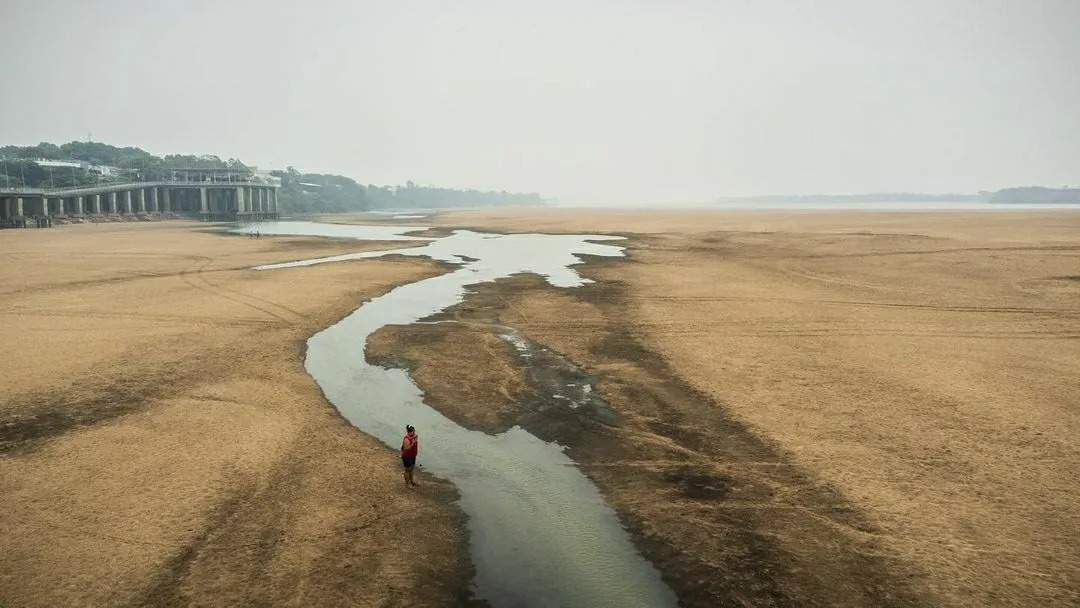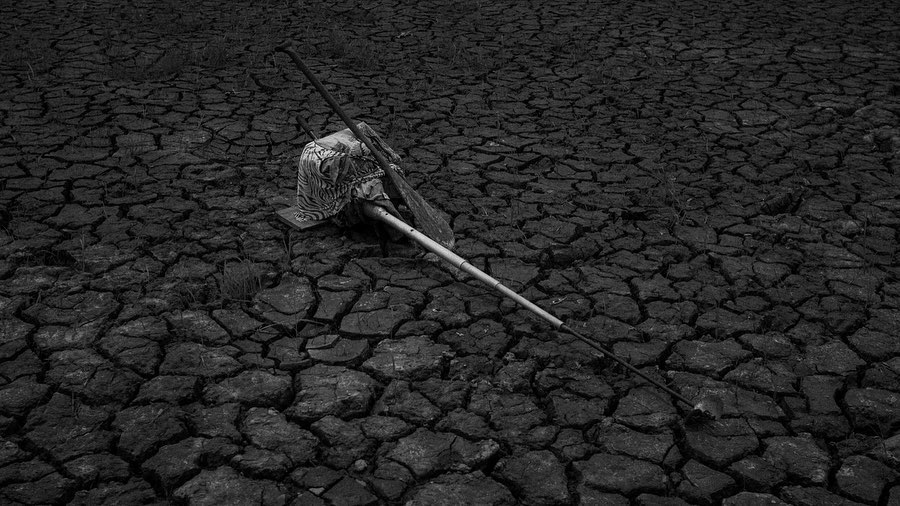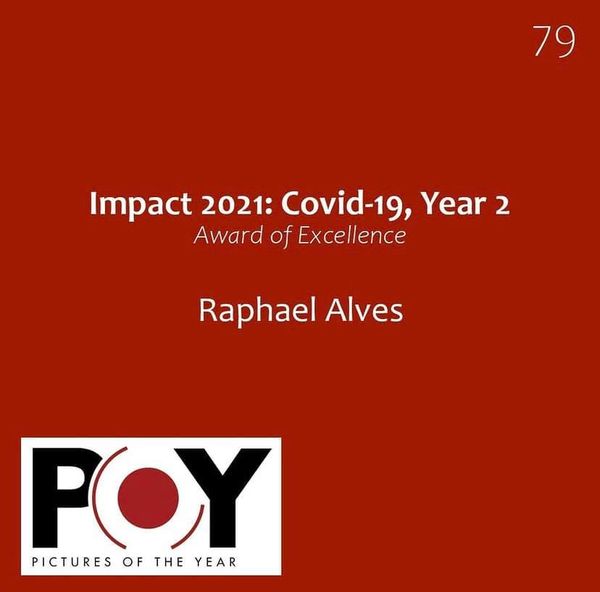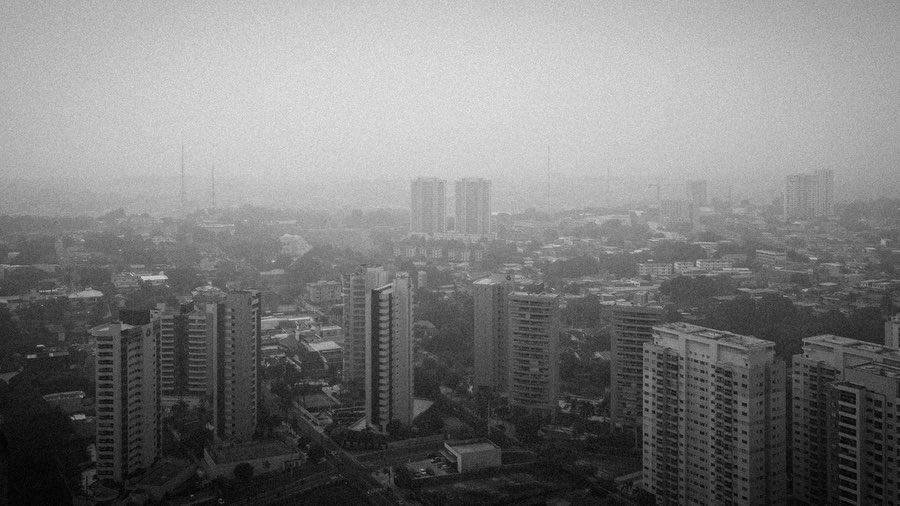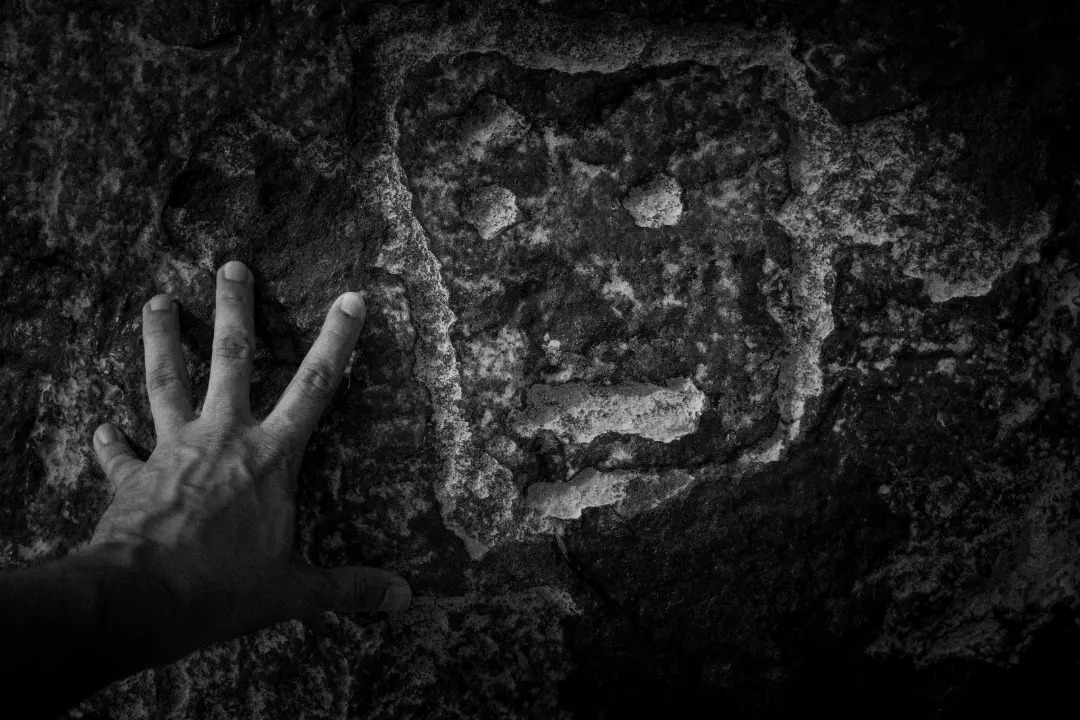![]()
Manaus (AM) – Raphael Alves, an award-winning photographer and journalist from Amazonas, has received an honorable mention in the documentary category of the Sony World Photography Awards 2024, one of the world’s most prestigious photography competitions.
His photo story, The Falling Sky/A Queda do Céu, created for the Spanish news agency EFE, highlights the humanitarian crisis in the indigenous Yanomami land of Roraima in the Brazilian Amazon. The photographs will be exhibited at the Sony World Photography Awards 2024 exhibition at the Somerset House Gallery in London, United Kingdom, from April 19 to May 6.
The Yanomami indigenous territory covers parts of the Brazilian states of Roraima and Amazonas and is plagued by illegal mining, malaria and malnutrition. In January 2023, indigenous and environmental organizations denounced an ongoing humanitarian tragedy in the area.
Raphael Alves had been following reports of hunger, disease, and illegal mining plaguing the Yanomami for some time. In 2023, he traveled to the Yanomami territory to document for himself what was happening. Although he was unable to visit the affected villages, he was able to photograph along the miners’ routes and witness the devastation from the air.
He also documented the rescue of Yanomami children in Boa Vista, the capital of Roraima. The humanitarian tragedy he witnessed left him deeply sickened. “It is difficult to find the right words to explain what is happening. It is heartbreaking to see how greed destroys culture, history and lives. As human beings, we can only rebel against such injustice.
Raphael Alves emphasizes that taking the photographs made him realize how the Yanomami and the Amazon are ignored by government policies, authorities and the mainstream media. He hopes that the exhibition will draw the world’s attention to the plight of these people.
The award-winning series is called The Falling Sky/A Queda do Céu, after the 2013 book of the same name by shaman Davi Kopenawa and anthropologist Bruce Albert.
“When all the shamans have died, I think the sky will fall. (…) The forest will be destroyed and the weather will be dark. If there are no more shamans to hold up the sky, it will not stay up. Although the white people are clever, they ignore shamanism, they are not the ones who can hold up the sky (…) Not only the Yanomami will die, but all the white people will die. No one will escape the fall of the sky.” David Kopenawa, shaman and leader of the Yanomami people of the Amazon rainforest.
Sources: Amazonia Real (Nicoly Ambrosio), World Photography Organization
![]()
The Falling Sky/A Queda do Céu

BOA VISTA (BRAZIL), 01/29/2023 – A Yanomami woman with severe malaria and signs of malnutrition receives help after arriving by plane at an airport in the city of Boa Vista, capital of Roraima, Brazil. The government has declared a health emergency for the Yanomami. EFE/ Raphael Alves
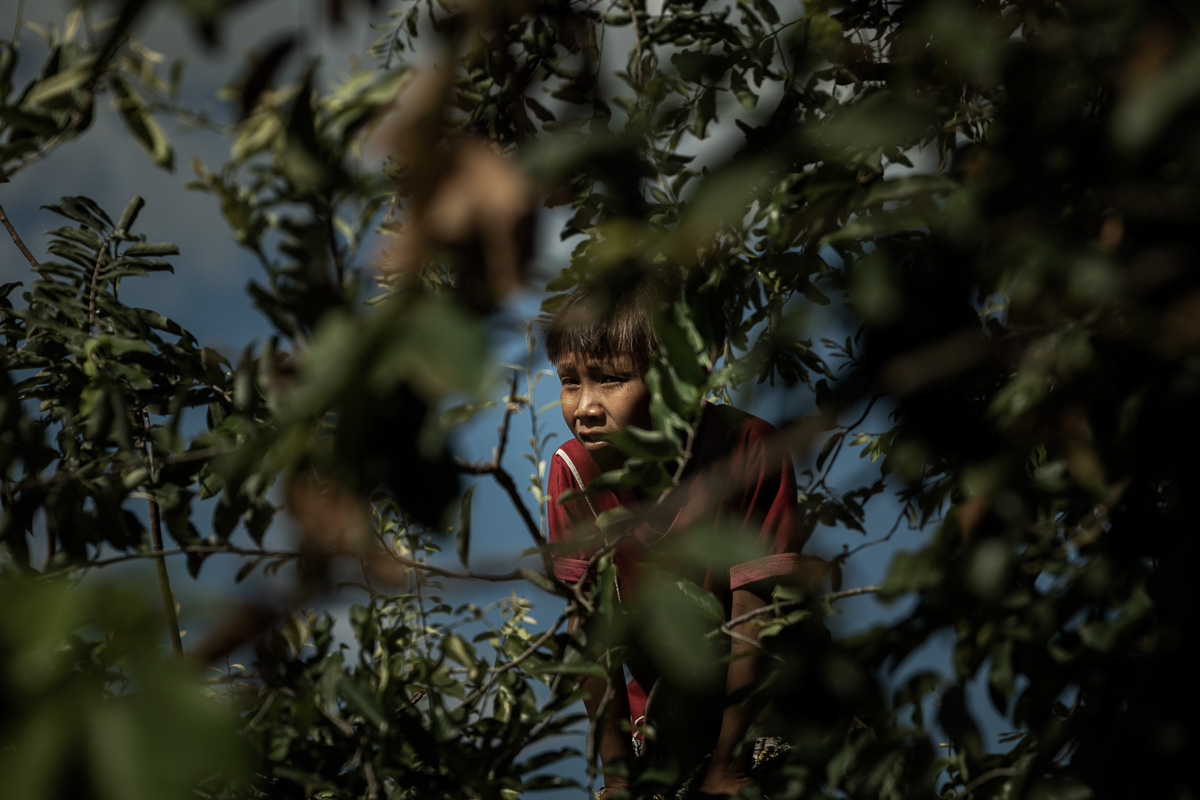
BOA VISTA (BRAZIL), 30/01/2023 – Movement of the indigenous Yanomami people in front of the field hospital installed by the Brazilian Air Force at the Casa de Saúde Indígena Yanomamim (CASAI Yanomami). EFE/ Raphael Alves
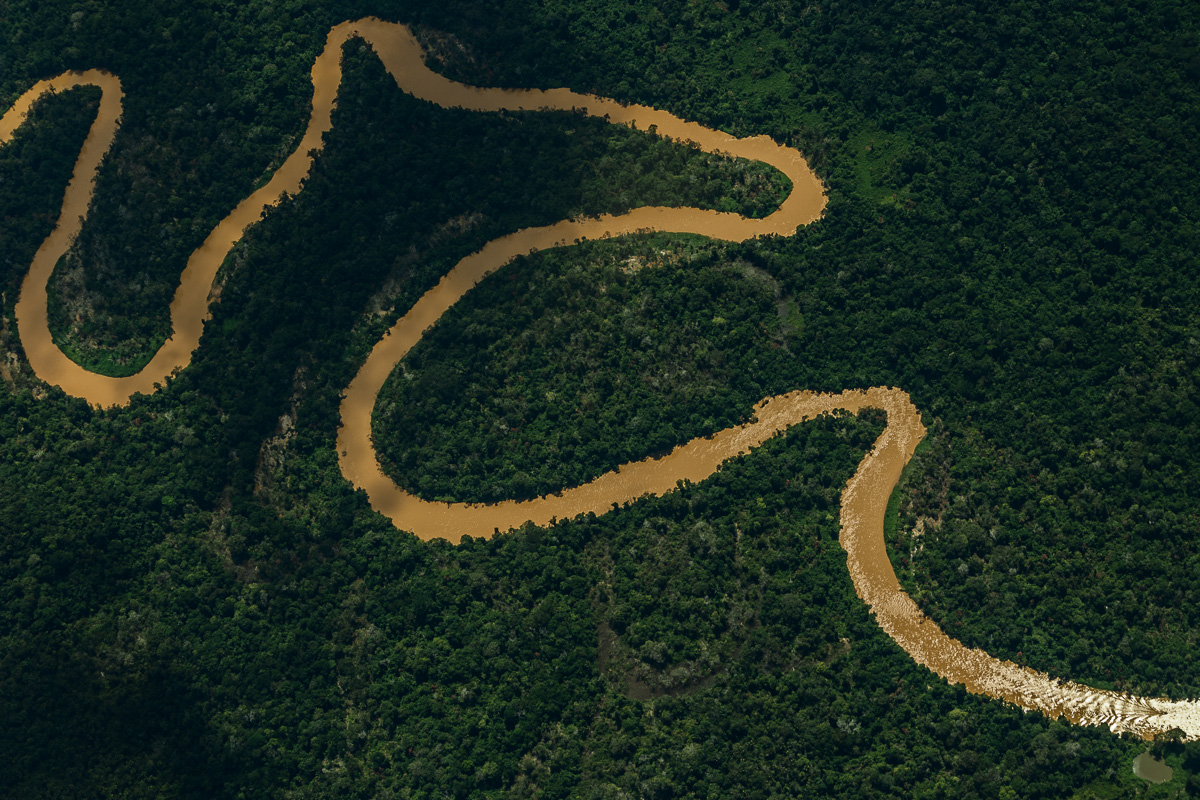
BOA VISTA (BRAZIL), 02/02/2023 – The Mucajaí River can be seen with a strong color due to the presence of illegal mining during a mission by the Brazilian Air Force to deliver supplies to the Yanomami people living on indigenous lands near the Surucucu military base, in the Amazonian state of Roraima, Brazil. The mission departed from the state’s capital, Boa Vista, aboard an Embraer KC-390 cargo plane. The Yanomami are experiencing a humanitarian crisis due to the presence of illegal mining on their land. EFE/ Raphael Alves
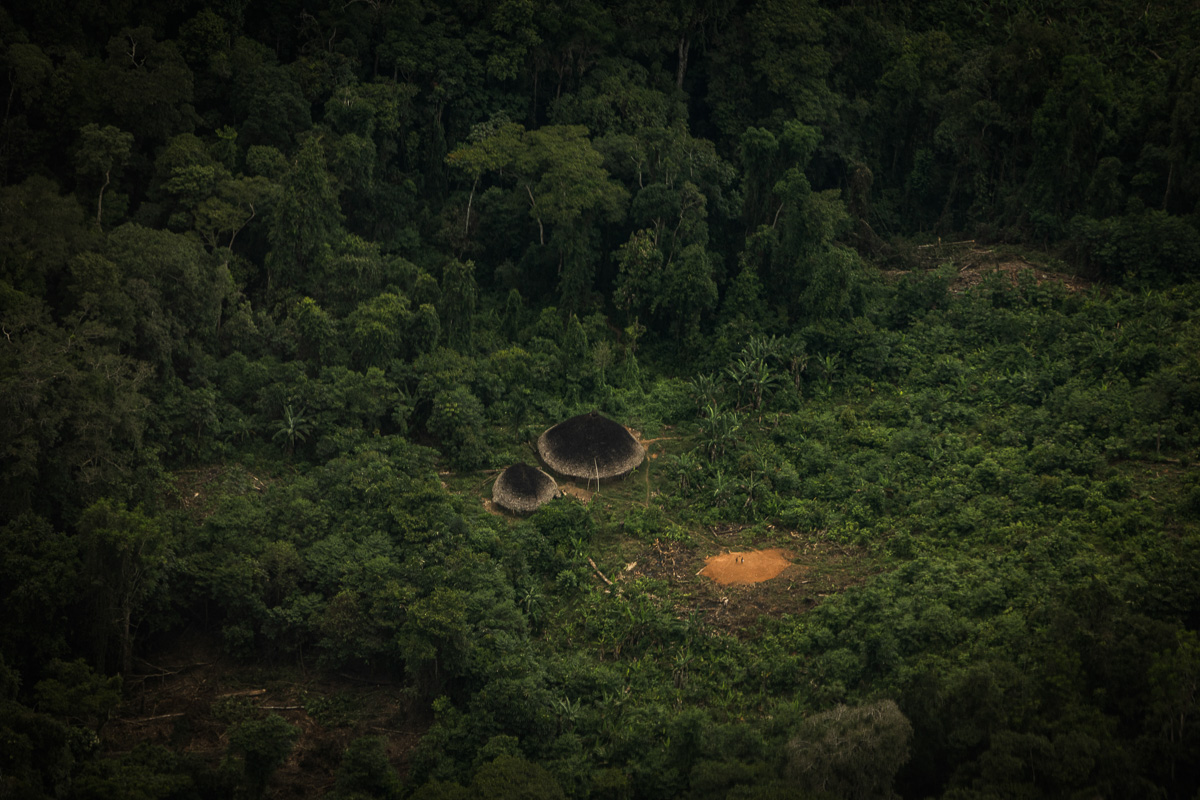
BOA VISTA (BRAZIL), 02/02/2023 – An indigenous hut (shabono*) is seen during a Brazilian Air Force mission to deliver supplies to the Yanomami people living in the indigenous land near the Surucucu military base, in the Amazonian state of Roraima, Brazil. The mission took off from the state capital, Boa Vista, aboard an Embraer KC-390 cargo plane. The Yanomami are experiencing a humanitarian crisis due to the presence of illegal mining on their land. EFE/ Raphael Alves

BOA VISTA (BRAZIL), 03/02/23 – A health worker from the Brazilian Air Force (FAB) holds a Yanomami child outside the field hospital set up by the FAB at the Casa de Saúde Indígena Yanomami (Casai Yanomami) in Boa Vista, capital of the Amazonian state of Roraima, Brazil. The Yanomami are experiencing a humanitarian crisis due to the heavy presence of illegal miners on their land. EFE/ Raphael Alves
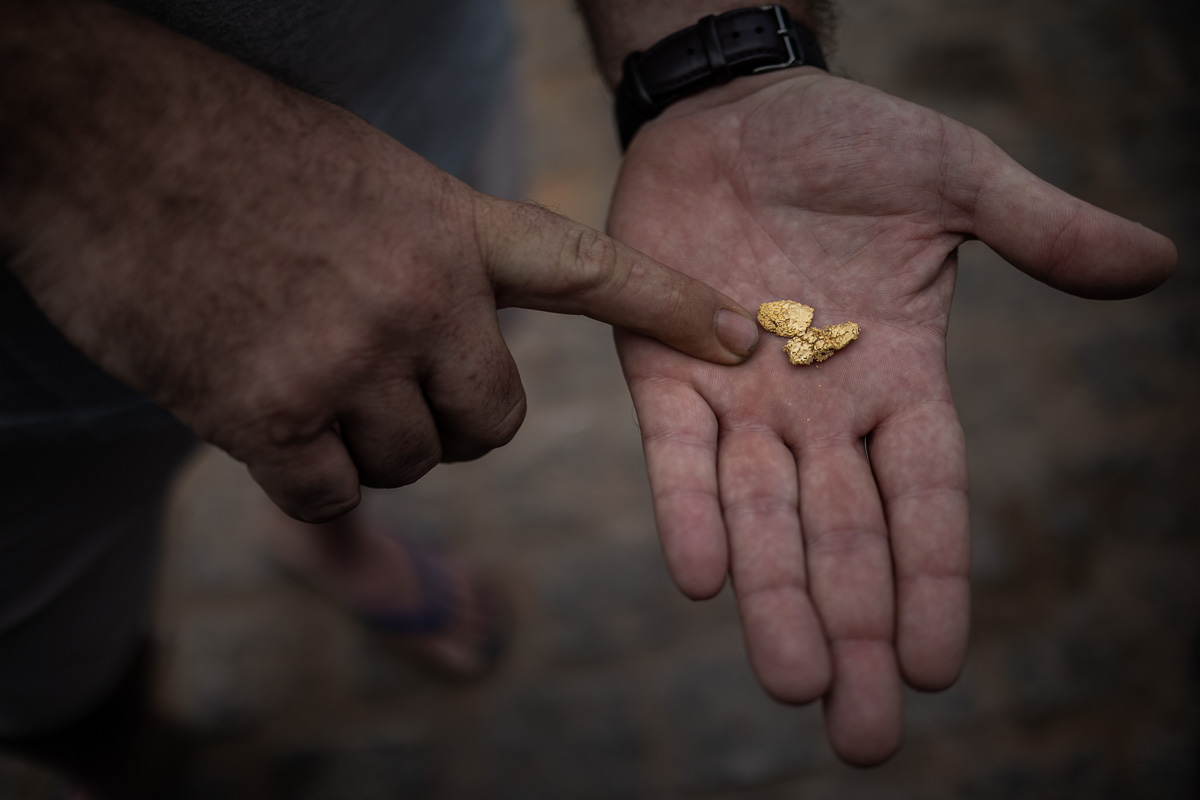
ALTO ALEGRE (BRAZIL), 07/02/2023 – An airplane pilot involved in illegal mining shows seven grams of gold he received as payment for his services in removing garimpeiros from Yanomami indigenous land in the Amazonian state of Roraima, Brazil. Miners are abandoning Yanomami indigenous land in fear of an imminent operation by environmental authorities and police forces in the mines, which has caused a health crisis in the Yanomami territory. EFE / Raphael Alves
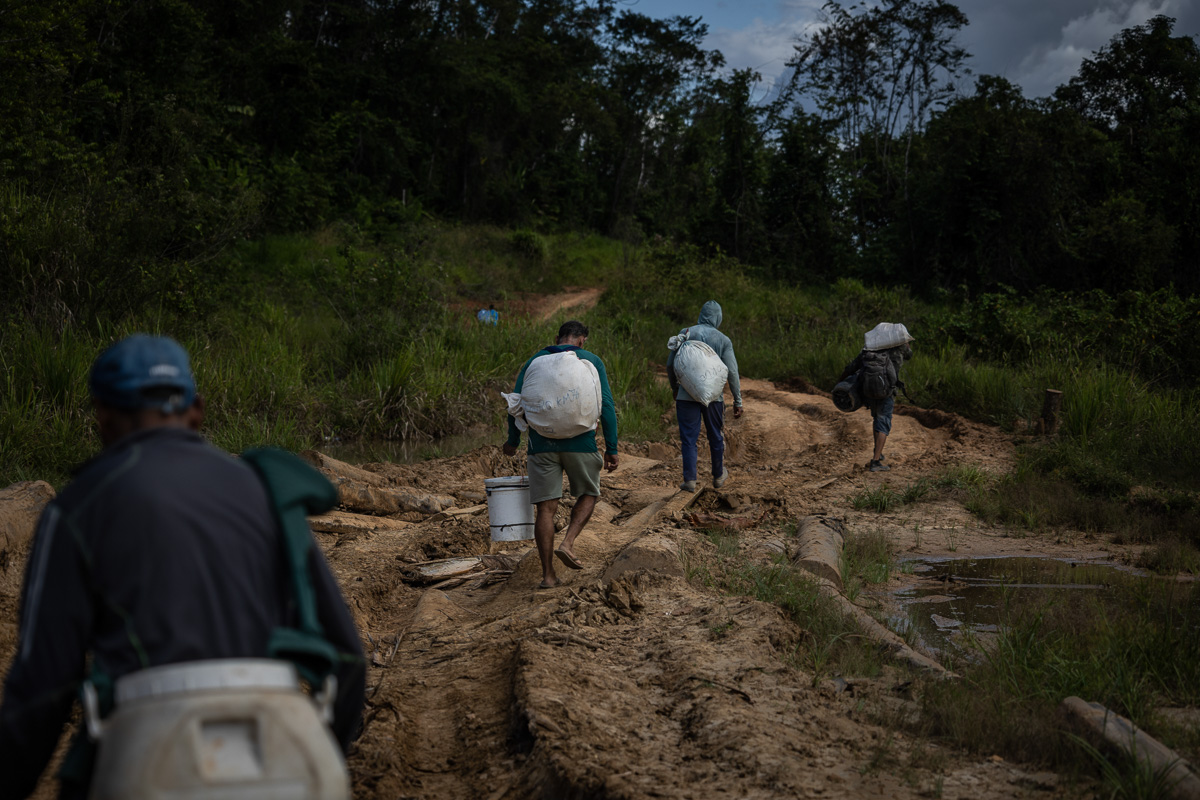
ALTO ALEGRE (BRAZIL), 07/02/2023) – Undocumented miners leaving the Yanomami indigenous land, in the Amazonian state of Roraima, Brazil, walk under the sun and among the forests, near the port of Arame, Vila do Paredão, in the city of Alto Alegre. This region has received a large influx of miners. They arrive in boats on the Uraricoera River, camp in Porto do Arame and leave in vans – which they pay for in gold or money – or walk for hours in the sun or rain, in the middle of the forest, even reaching the RR-205 if they cannot afford it. The miners are leaving the Yanomami’s land for fear of an imminent operation by environmental authorities and police forces in the mines, which has caused a health crisis in the Yanomami’s territory. EFE / Raphael Alves
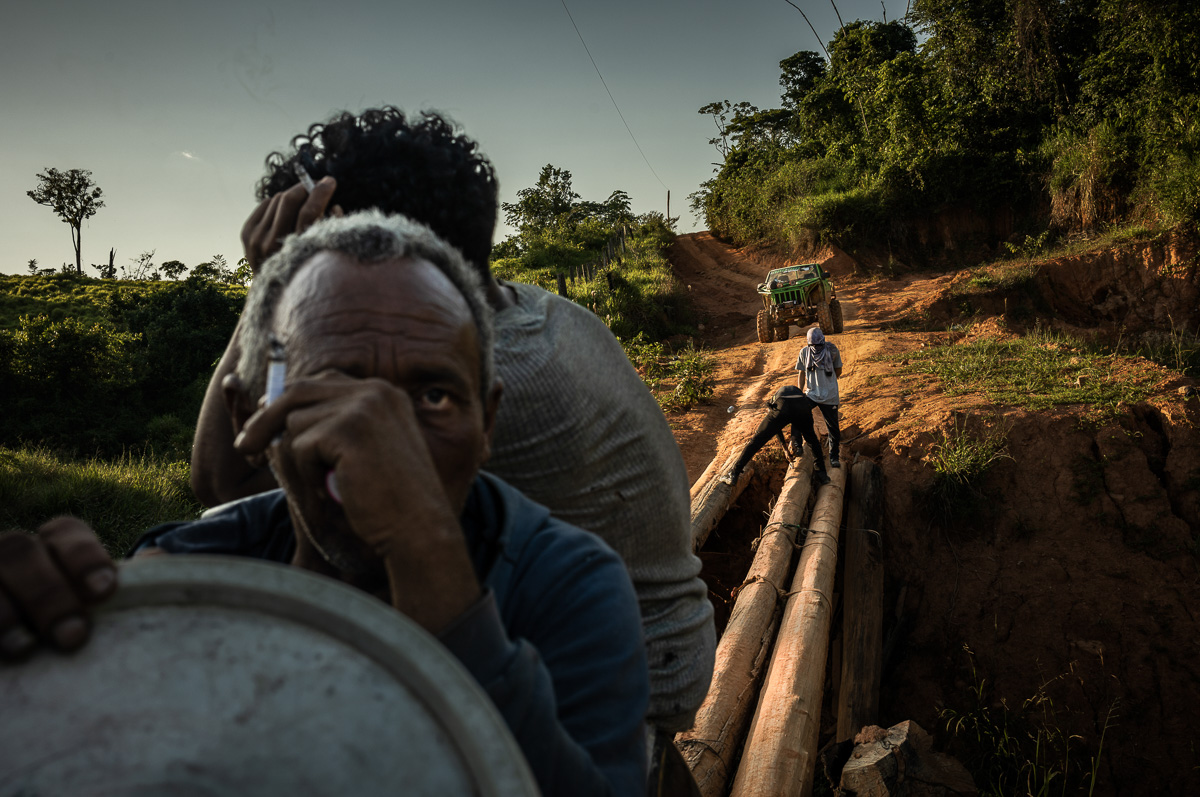
ALTO ALEGRE (BRAZIL), 07/02/2023 — Illegal miners are seen in the back of a pickup truck as others try to repair a makeshift wooden bridge over a stream in the Porto do Arame region, Vila do Paredão, in the city of Alto Alegre, Roraima, Brazil. This is one of the main routes for illegal miners to leave Yanomami indigenous land in the Amazon state of Roraima, Brazil. This region has seen a large influx of illegal miners and a heavy police presence since the beginning of the week. The miners arrive on foot through the forest or in boats on the Uraricoera River, camp in Puerto del Arame, and leave in vans – which they pay for in gold or cash – or walk for hours in the sun or rain through the forest until they reach the RR-205 highway, if they cannot afford it. The miners are leaving the Yanomami’s indigenous land for fear of an imminent operation by environmental authorities and police in the mines, which has caused a health crisis in the Yanomami’s territory. EFE / Raphael Alves
![]()
*Shabono: Traditional communal dwelling used by the Yanomami of the Amazon rainforest. It is a large circular or oval hut made of materials such as wood, palm leaves, and vines. The shabono is divided into sections for different families and is often raised off the ground to protect it from floods and pests. The Yanomami use the shabono as a place to live, cook, and socialize with other members of their community.
![]()
